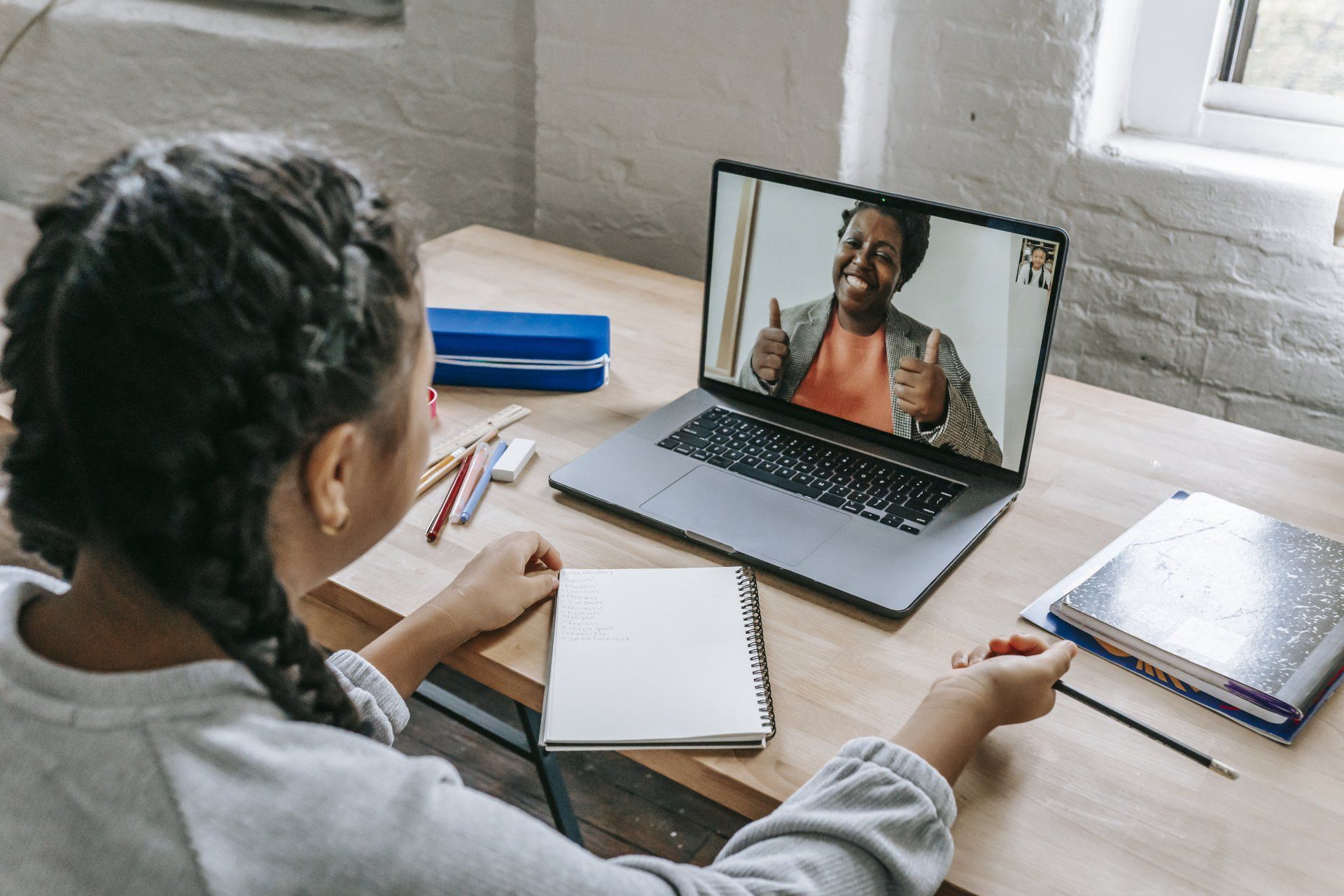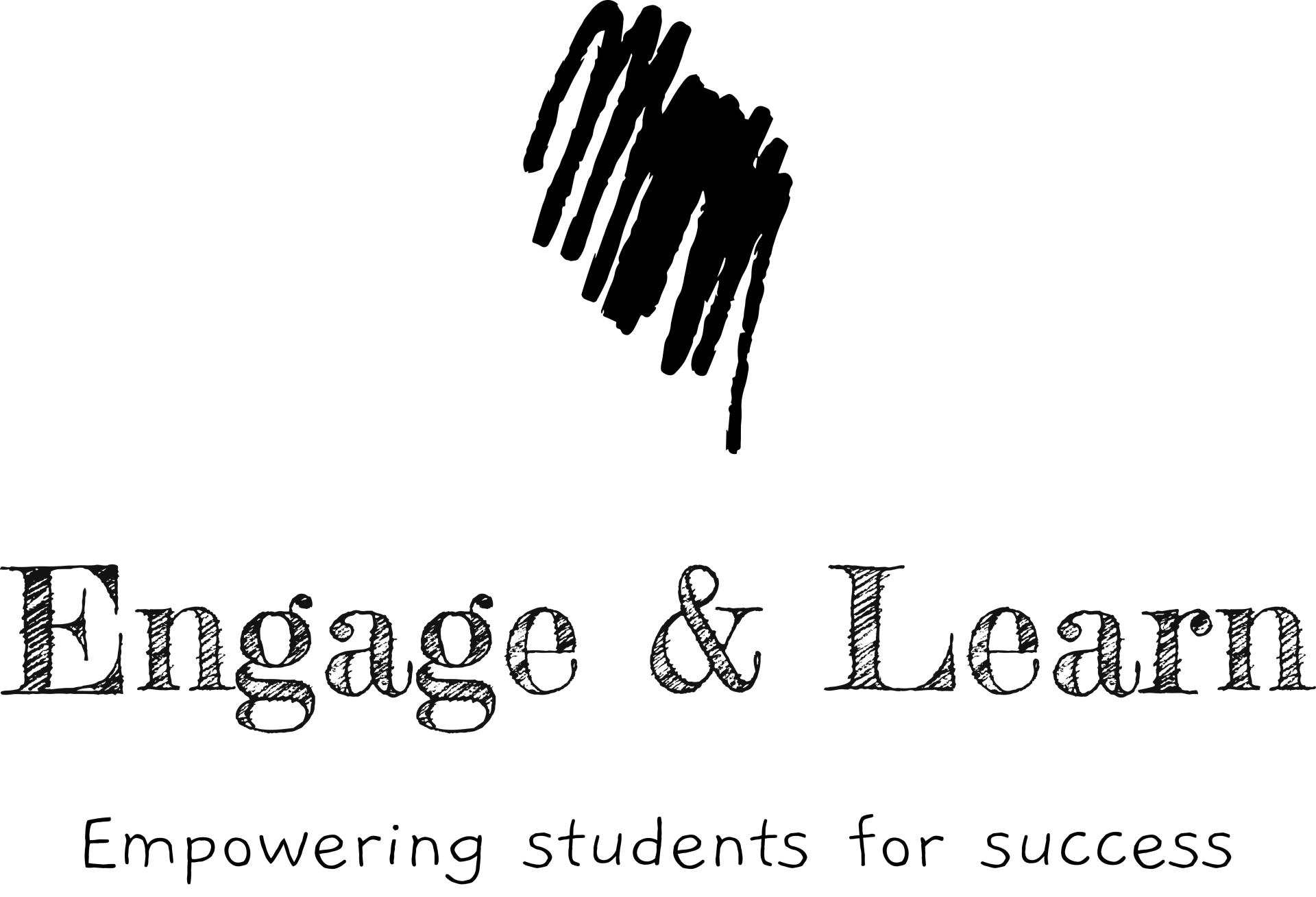Unlocking the Secrets of Effective Tutoring: Strategies to Enhance Your Child's Learning Journey
Every child's learning journey is unique, and many parents seek additional support to help their children thrive academically. Tutoring is a powerful tool to assist students in reaching their full potential. In this blog post, we will delve into the secrets of effective tutoring, offering strategies backed by research and expert advice. These insights will guide you in making the most of tutoring and helping your child succeed in their educational endeavours.

The Impact of Quality Tutoring
Before we explore effective tutoring strategies, it's crucial to understand the profound impact tutoring can have on a child's learning journey. Research has consistently shown that quality tutoring can significantly improve academic performance and boost confidence (Bloom, 1984). Tutoring provides personalized support, tailoring the learning experience to the specific needs and pace of each student.
Set Clear Goals and Objectives
Effective tutoring begins with setting clear and achievable goals. Work with your child's tutor to establish measurable objectives that align with their learning needs and desired outcomes. This helps keep the tutoring sessions focused and provides a sense of direction, increasing the chances of success.
Personalization and Differentiation
Every child has a unique learning style and pace. Effective tutoring should adapt to these individual needs by providing personalized instruction. Research suggests that individualized tutoring can lead to significant improvements in academic performance (Sylvan Learning, 2016). Tutors should assess your child's strengths and weaknesses and tailor their approach accordingly.
Active Learning Techniques
Engaging your child through active learning techniques is a key component of effective tutoring. Encourage the tutor to incorporate interactive activities, discussions, and hands-on experiences into the sessions. Active learning promotes better retention and understanding of the material, enhancing overall learning outcomes (Prince, 2004).
Regular Assessment and Feedback
Assessment and feedback are essential for tracking progress and making necessary adjustments. Ensure your child's tutor provides regular assessments and constructive feedback on their performance. This enables timely intervention and further personalization of the tutoring process, leading to better results (Hattie & Timperley, 2007).
Communication and Collaboration
Effective communication between parents, tutors, and teachers is crucial. Stay in touch with your child's tutor to discuss progress and address any concerns. Collaborating with educators and tutors ensures a holistic approach to your child's education, ultimately leading to better outcomes.
Patience and Encouragement
Tutoring can be challenging, and progress may not always be immediate. Encourage patience and provide positive reinforcement to your child. A supportive and nurturing environment fosters a growth mindset, which can lead to increased motivation and confidence (Dweck, 2006).
In conclusion, the secrets of effective tutoring lie in setting clear goals, personalization, active learning, regular assessment, communication, and patience. Quality tutoring can have a profound impact on a child's academic journey, helping them reach their full potential. By implementing these strategies, you can ensure that your child receives the best possible support to excel in their studies and develop a lifelong love of learning. Remember, every child is unique, and with the right tutoring approach, they can unlock their full potential and succeed in their educational pursuits.
References:
1. Bloom, B. S. (1984). "The 2 Sigma Problem: The Search for Methods of Group Instruction as Effective as One-to-One Tutoring." Educational Researcher, 13(6), 4-16.
2. Sylvan Learning. (2016). "The Sylvan Research Institute: A Review of the Research on Sylvan's Instructional Approach."
3. Prince, M. (2004). "Does Active Learning Work? A Review of the Research." Journal of Engineering Education, 93(3), 223-231.
4. Hattie, J., & Timperley, H. (2007). "The Power of Feedback." Review of Educational Research, 77(1), 81-112.
5. Dweck, C. S. (2006). "Mindset: The New Psychology of Success." Ballantine Books.












